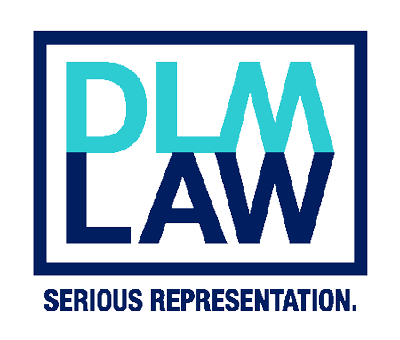When you hire an attorney to represent you in any matter, you expect your lawyer to do an effective job. This is true even if the outcome ends up not being what you hoped. Although no attorney can guarantee a certain result, according to the American Bar Association, attorneys have a duty to zealously represent the interests of their clients.
If your lawyer has some allegiance to another person or position, he or she may be incapable of zealously representing you. That is, if your attorney has a conflict of interest, you may suffer some real and measurable harm.
Conflicts of interests
All lawyers should take steps to avoid conflicts of interest, even if doing so means not taking on a client or ending a client’s representation. Conflicts of interest arise when an attorney cannot represent a client without potentially harming the interests of other clients, his or her firm or even the lawyer himself or herself.
Your legal interests
Even though law firms implement strategies to identify possible conflicts of interest, lawyers often must make the final determination themselves. If an attorney decides to overlook a potential conflict of interest to represent you and you later learn about it, you will need to scrutinize all of the attorney’s actions. Indeed, your legal interests may depend on holding your lawyer accountable.
You may not be able to reverse the harm you suffer from a lawyer’s conflict of interests. Ultimately, though, if your attorney violated his or her ethical duties, you may have grounds to take legal action against him or her.

